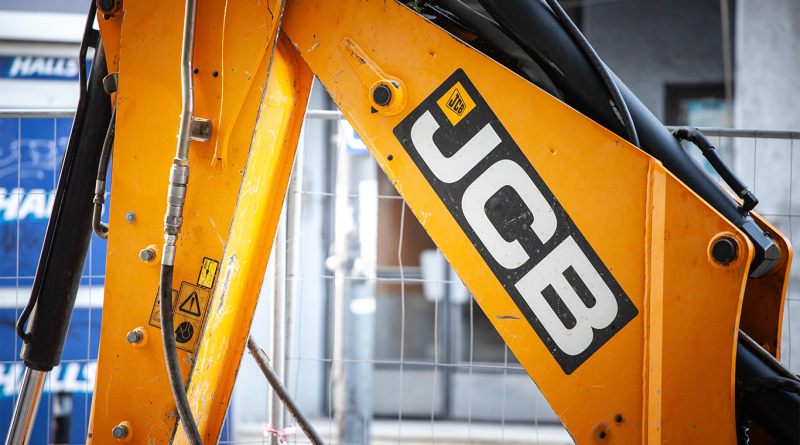JCB Responds to US Tariffs with $500M Expansion in Texas
Subscribe to our free newsletter today to keep up-to-date with the latest construction news.
CB is set to double the size of its new manufacturing facility in San Antonio, Texas, in direct response to a recently imposed 10 percent tariff on UK imports. The move increases the planned space from 500,000 to 1 million square feet and is expected to create up to 1,500 jobs. This expansion also represents a strategic investment in long-term growth within the United States, one of JCB’s most important markets since it began selling equipment there in 1964.
Chairman Anthony Bamford emphasized that the U.S. remains central to JCB’s international operations. The increased footprint is designed to reduce dependency on UK exports by strengthening its North American production base. This development reflects a growing trend among UK manufacturers that are reevaluating supply chains in light of trade disruptions.
Manufacturing Local to Stay Competitive
The tariffs imposed by the Trump administration mark a shift in transatlantic economic relations. For JCB, absorbing added import costs would have compromised its U.S. competitiveness. Building locally enables the company to avoid those costs while meeting demand more quickly and reliably.
Texas has become an increasingly attractive destination for global manufacturers. The state offers access to a large labor pool, strong infrastructure, and proximity to major distribution networks and ports. San Antonio’s location supports efficient domestic delivery and trade with Mexico, making it a strategic hub for industrial growth. Texas ranks second nationally in manufacturing output, thanks in part to its pro-business policies and active recruitment of international investment.
JCB already operates a long-standing facility in Savannah, Georgia, employing approximately 1,000 people. The addition of a Texas plant will enable it to expand product lines, reduce delivery times, and build regional supply chains more resilient to global shocks. The company’s leadership views this expansion as a proactive measure to stabilize operations amid uncertain trade conditions.
Serving a Growing U.S. Market
Construction equipment demand in the United States continues to grow. Infrastructure spending, a recovering housing market, and commercial development have all driven increased need for machinery. The U.S. construction equipment market is projected to exceed $57 billion by 2029. Companies that can quickly deliver machines will have an advantage. JCB’s expanded U.S. footprint is designed to meet this demand efficiently and at scale.
By manufacturing closer to customers, JCB improves service levels and reduces reliance on overseas shipping. The company can also respond more rapidly to changing market requirements or regulatory updates. These benefits are crucial in a sector where reliability and speed often determine vendor success.
The broader implications of this move are significant. JCB’s shift highlights the limitations of current UK trade policy and the need for clearer, more competitive international agreements. Without a robust trade deal between the UK and the U.S., other British manufacturers may consider similar moves.
Sources:
